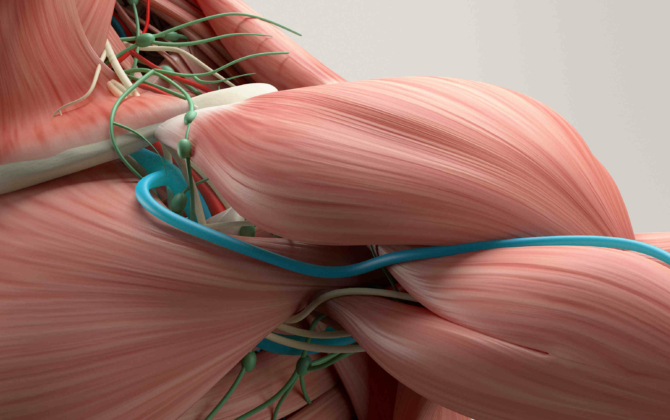Jump to
The mechanics of muscle contraction are well understood. But muscles also have passive mechanical properties that determine how they respond to stretch when they are not contracting. These passive properties are important because they determine how much muscles can change their lengths, and disordered passive mechanical properties of muscles underly the common problem of muscle contracture. We are conducting a series of studies using diffusion tensor imaging (a type of MRI) and ultrasound imaging to explore the passive mechanical properties of human muscles in health and disease.


